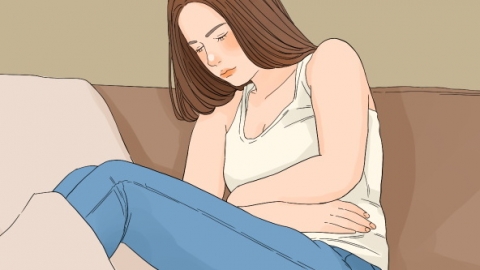What are the effects of hysterectomy in women?
Generally, as an important gynecological surgery, hysterectomy in women has several main effects, including loss of fertility, permanent cessation of menstruation, changes in pelvic floor structure, alterations in sexual life, and psychological fluctuations. A detailed analysis is as follows:

1. Loss of fertility: The uterus is the only organ responsible for fetal development. After hysterectomy, women permanently lose their ability to conceive and bear children. For women with future childbearing plans, this effect is irreversible, and adequate psychological preparation and life planning should be made before surgery.
2. Permanent cessation of menstruation: Menstruation results from the periodic shedding of the endometrium. After hysterectomy, the endometrium no longer exists, and menstruation permanently stops. This cessation differs from natural menopause, as it occurs suddenly, and the body may require time to adapt to this physiological change. Some women may experience temporary emotional fluctuations.
3. Changes in pelvic floor structure: The uterus provides certain support to the pelvic floor. After hysterectomy, the supporting strength of the pelvic floor weakens, possibly leading to pelvic floor tissue relaxation and increasing the risk of vaginal anterior and posterior wall prolapse, bladder or rectal prolapse. This may result in symptoms such as a sensation of pressure in the lower abdomen, abnormal urination or defecation, which may affect daily life.
4. Changes in sexual life: Some women may experience discomfort during sexual intercourse after hysterectomy, such as vaginal dryness or pain, due to slight shortening of the vaginal length, changes in hormone levels, or psychological factors. However, many women experience no change in their sexual life, and some even report improved sexual satisfaction due to no longer worrying about pregnancy or dysmenorrhea. Individual differences are significant.
5. Psychological fluctuations: Hysterectomy may cause some women to experience psychological stress, including anxiety, depression, and reduced self-identity. Younger women, in particular, may feel they have lost an essential female characteristic, leading to psychological burdens. Understanding and companionship from family members, as well as professional psychological counseling, are important for alleviating these emotions.
In daily life, women who have undergone hysterectomy can improve pelvic floor function by consistently performing pelvic floor muscle exercises, maintaining regular作息 (作息 means rest and activity patterns), and following a balanced diet. Proactively adjusting one's mindset and seeking psychological support when necessary can help women better adapt to physical changes and maintain overall physical and mental health.







